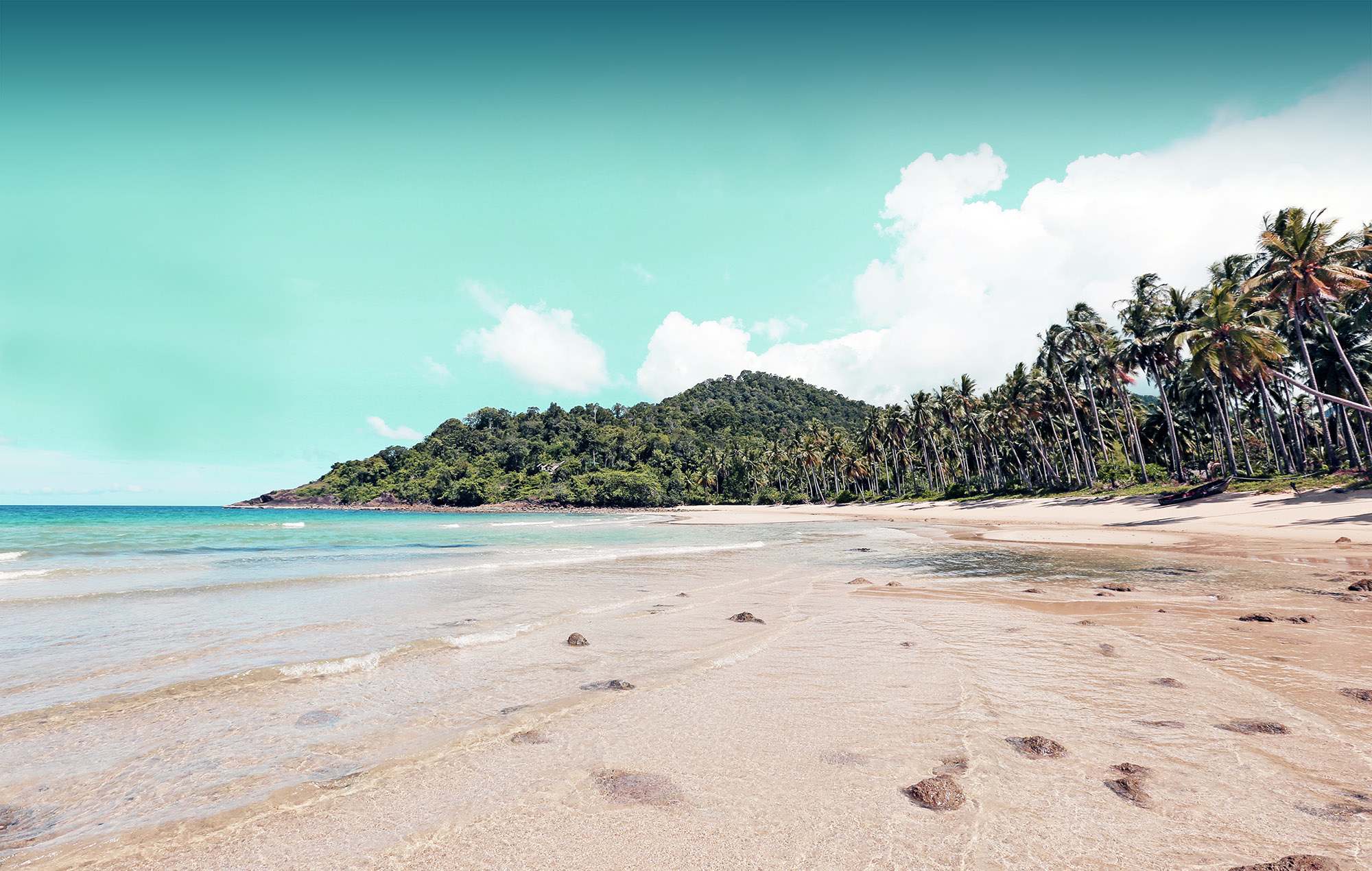Guest post by Rebecca Siggers
Almost every country in the world today is facing disruptions due to covid-19. It is one of the most significant global challenges that we are facing after the second world war. Our hospitals become full, and at times there is a shortage of medical staff and health infrastructure. To contain the rapid spread of infection, governments across the world imposed lockdowns and restricted movement. Countries shut their borders, closed schools, malls, theatres, and public places. For months, many people ventured out of their homes only to buy essentials.Despite virtual meetings, parties, and online classes, people feel cooped up. For months, we have not hit the beach, explored the woods, or skied on snow-clad mountains. But the fear of getting infected is real, so people are hesitating to travel. And, the worst-hit travel industry is trying its best to bring the tourists back. So, let us see how the travel will be in a post corona world.
1. Preference for nearby locations
Once the infections subside considerably, and governments permit traveling, people will choose locations closer to home. Everybody wants to rush to the hometown in case of an emergency. You might have a family doctor and have a better support system. Uncertain conditions, ban on international travel, changing guidelines for interstate travel are other reasons for choosing local places. A visit to a weekend getaway, a nearby zoo or national park is more suitable now. You need not stop for fuel refilling or eating. Thus, the number of people that you come in contact with is less, thereby decreasing the chances of getting infected.
2. Hit the road
Now, it is well-known that the busy airports across the world were hotspots for coronavirus infection. It serves as the commonplace that people traveling to and from different countries come together. The WHO (World Health Organization) recommends a distance of 1 meter between people to prevent transmission through air droplets. Such social distancing is not viable in an aircraft.
Trains are less congested, and in some of them, there is the provision to open windows allowing fresh air circulation. But the number of passengers traveling is more, and monitoring becomes difficult. Thus, using self-transport is the safest option now.
3. Private stays on the rise

The medical fraternity has repeatedly advised that isolation is the key to preventing infection spread. There is an increased preference for remote staycations and standalone accommodation over large hotels with many suites. Moreover, using common swimming pools, water playgrounds is not safe yet. Thus, people are choosing properties with private pools. There is a preference for familiar locations with self-catering facilities. Many people consider camping and glamping safe, as they get to stay outdoors for a longer time. You can also carry your camping gear on the roof rack basket or opt for camper vans.
4. Digital detox retreats
In the pandemic time, learning, cooking, exercising, and even wine-tasting has reached the internet. Our entertainment channels were mostly online, even during the pre-corona days. Now, we host parties on social networks and try to fit our social lives in the digital medium. People of all age groups right from children studying in primary classes to the retired seniors are turning to the mobile for killing boredom. But digital devices like laptops, cell phones, tablets cause addiction. People tend to think of online games, social media associated events all the time. They feel restless and even depressed if they do not have these. Such issues are steeply increasing in society now.
In digital detox holidays, you get to live in a wi-fi world. The hospitality system often arranges classical forms of entertainment like theatre shows, games, dance events, etc. There are provisions for pursuing your hobbies like painting, photography, etc. You learn to live without staying connected virtually; it also reduces stress levels. Given its importance, it is advisable to break free from the digital addiction at home too.
5. Exploring less popular places
Over-tourism and crowded tourist hotspots were the main reasons for the spread of infection in countries like Spain, France, and the USA. So, places like the Louvre museum, Paris, and Disney theme parks plan to have several restrictions in place. You will have to book slots, and the capacity will be limited too. There will be more staff to check social distancing, sanitization, and clean habits of the visitors.
The cost is also likely to shoot up. Thus people might prefer secluded places that are less known and less crowded. For the time being, they are going to be economical and safe. Many people fear that there is an impending climate crisis too. So, they prefer responsible and sustainable travel. The primary cause of our sufferings, including the current pandemic, is the disruption of the natural food chain and environment. Thus, people are craving to return to nature and protect it.
6. More micro-vacations
You may not be hopping on a long-haul flight anytime soon. Travel is going to be mostly domestic. Thus, people might prefer to squeeze in a trip during the weekends. Another reason is budget-consciousness. Almost all countries are facing an economic downturn, and there is an increased tendency to save money. Shorter trips are more pocket-friendly, yet they provide the much-required unwinding. People may not wait for the holiday season and may not form large groups.
As businesses are adopting the work from home model, slowly, people may opt for the work-from-anywhere concept. Soon, we may not take vacation leaves and continue the work from holiday homes or hotel rooms.
7. Pack for safety
Now, masks are compulsory even for venturing out of the house until we have an effective vaccine. The same applies during the tour too. Most people will take travel insurance covering emergency medical aid and evacuation if required. When foreign travel begins, insurance might become mandatory. People will also carry disinfectants, hand sanitizers, and wet-wipes. In long flights, face shields and hand gloves may become compulsory. You could also see people wearing PPE suits. Also, it is advisable to carry thermometers and pulse oximeters. The main issue with the coronavirus is its asymptomatic nature. These devices help detect infection early, which is essential to avoid complicated medical conditions.
8. Wellness tourism

The covid-19 pandemic has shown in about six months that people with the right BMI (body mass index) and free of lifestyle diseases like diabetes and hypertension could fight the infection and recover quickly. Therefore, people have become more conscious of their health and are willing to spend on boosting immunity and fitness. During the lockdown, online yoga classes, physical training, etc., mushroomed. Therefore, we can see an uptick in wellness resort bookings. Also, there is an inclination towards holistic treatments and traditional medicine. Hotels and staycations are quickly adding wellness features like immunity-boosting programs, health diagnosis, stress-relieving activities to attract customers.
9. Flexible options
In some countries, the covid-positive cases peaked, and then there was a decline. But the new infections also appear after a long gap. For example, New Zealand has a virus outbreak after a hundred days. Thus, the situation will keep changing until we find a cure. Due to these uncertainties, both the hospitality industry and transport systems offer you more flexibility in terms of booking. Businesses in the luxury travel segment have already continued memberships, have reduced rates, and offer free cancellations. Airlines now allow you to postpone the journey date. They even refund without charging cancellation fees.
Final thoughts
Now, many countries are gradually relaxing lockdown rules. They have allowed walks in parks, dining-ins, and interstate movements. New Zealand, Australia, a few European and East Asian countries have already reopened the tourist corridors. Presently, travel will not be like before, but it is still the perfect antidote for our stress and lockdown blues. You may find new things like electrostatic sprays, UV lamps, and contactless keys to help curb infection. These are for our protection. It is also our responsibility to wear masks, sanitize, and maintain physical distancing.

About the author
Rebecca Siggers is a passionate writer & guest blogger. Writing helps her to improve her knowledge, skills & understanding about the specific industry. She loves writing & sharing her knowledge mostly in the Travelling Industry. She believes travelling is the key to a peaceful life & wants to spread her belief across the world. Apart from writing, She loves Traveling and Reading.
Cover photo by Jodeng, Pixabay






Well said Rebecca. Due to pandemic travel is really become complicated, even I am frequent traveller and now travel became really a challenging one. And once the pandemic gets over travel to nearby destination is the best option for travellers. Really worth sharing.